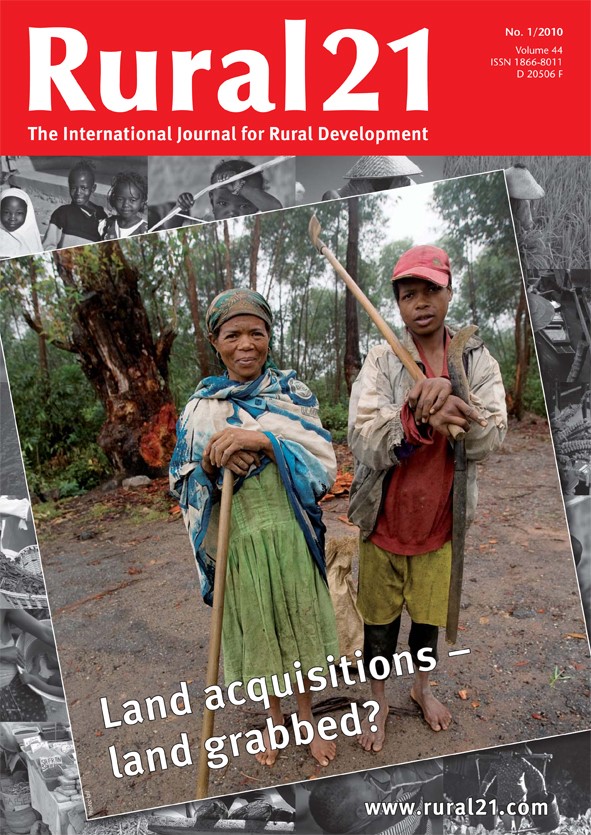Rural migrant workers in China
In today’s China, about 220 million rural migrant workers are on the move – this is more than two thirds of the US population – and their number is set to increase in the course of the country’s urbanisation process. At a rate of 47 percent, still below global average, and against the backdrop of a marked rural-urban divide, urbanisation is not only an effect of rapid economic development, but also forms part of the Chinese government’s economic development strategy.





